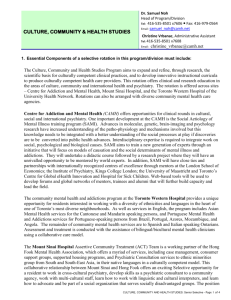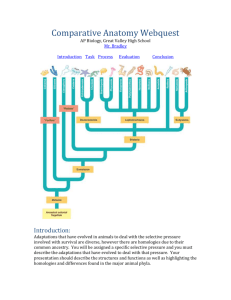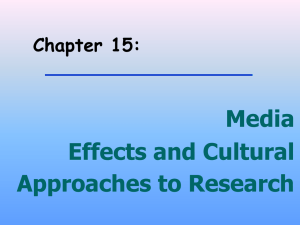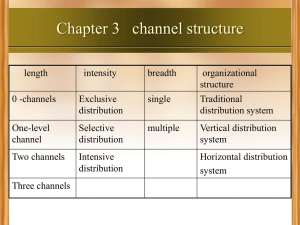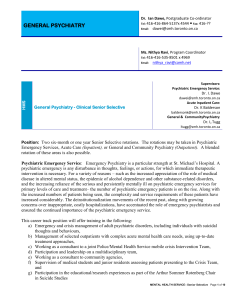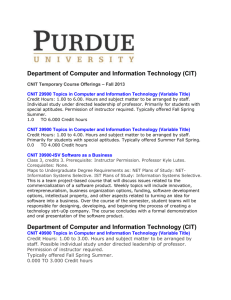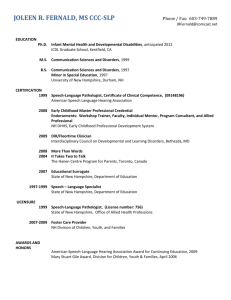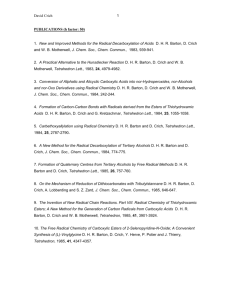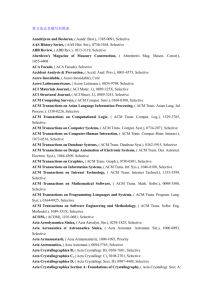Adult Psychiatry and Health Systems
advertisement
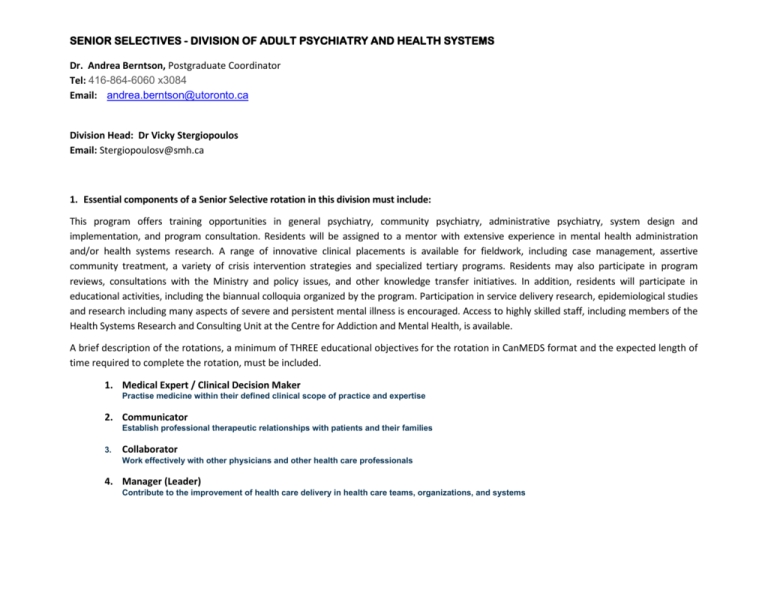
SENIOR SELECTIVES - DIVISION OF ADULT PSYCHIATRY AND HEALTH SYSTEMS Dr. Andrea Berntson, Postgraduate Coordinator Tel: 416-864-6060 x3084 Email: andrea.berntson@utoronto.ca Division Head: Dr Vicky Stergiopoulos Email: Stergiopoulosv@smh.ca 1. Essential components of a Senior Selective rotation in this division must include: This program offers training opportunities in general psychiatry, community psychiatry, administrative psychiatry, system design and implementation, and program consultation. Residents will be assigned to a mentor with extensive experience in mental health administration and/or health systems research. A range of innovative clinical placements is available for fieldwork, including case management, assertive community treatment, a variety of crisis intervention strategies and specialized tertiary programs. Residents may also participate in program reviews, consultations with the Ministry and policy issues, and other knowledge transfer initiatives. In addition, residents will participate in educational activities, including the biannual colloquia organized by the program. Participation in service delivery research, epidemiological studies and research including many aspects of severe and persistent mental illness is encouraged. Access to highly skilled staff, including members of the Health Systems Research and Consulting Unit at the Centre for Addiction and Mental Health, is available. A brief description of the rotations, a minimum of THREE educational objectives for the rotation in CanMEDS format and the expected length of time required to complete the rotation, must be included. 1. Medical Expert / Clinical Decision Maker Practise medicine within their defined clinical scope of practice and expertise 2. Communicator Establish professional therapeutic relationships with patients and their families 3. Collaborator Work effectively with other physicians and other health care professionals 4. Manager (Leader) Contribute to the improvement of health care delivery in health care teams, organizations, and systems 5. Health Advocate Respond to the individual patient’s complex health needs by advocating with the patient within and beyond the clinical environment Respond to the needs of a community or population they serve by advocating with them for system-level change 6. Scholar Engage in the continuous enhancement of their professional activities through ongoing learning 7. Professional Demonstrate a commitment to patients by applying best practices and adhering to high ethical standards 2. Experience in senior selective rotation in this division could include: Senior selective experiences could involve various activities in relation to the delivery of mental health services. These could include regular attendance at meetings of key administrative committees, either hospital or departmental; activities in relation to innovative, community-based treatment settings throughout Metropolitan Toronto and beyond; clinical activities in relation to the needs of specific target sub-populations such as dual disorder patients, transitional youth, the frail elderly, ethno-cultural groups and others; the development of innovative educational approaches; and research projects dealing with various issues related to the organization and delivery of mental health services. 3. Hospital/training sites where selective rotations are offered: Community psychiatry placements include innovative inner city services at St. Michael's Hospital, the assertive community treatment team (CONTACT) at St. Michael's Hospital, the Community Psychogeriatric Program at Sunnybrook Hospital, or specialized tertiary programs at Ontario Shores Centre for Mental Health Sciences. Alternate Person for Interviews with Senior Residents Seeking Senior Selective rotations: Name: Dr. William Gnam Tel. No. 416-535-8501 ext 6179; Fax. No. 416-979-4703 Senior Selective Type/Title: Clinical X Research Health Services Research / Disadvantaged Populations Part-Time (Please indicate Part-Time Version of the Selective) Name Tel Inquiries Vicky Stergiopoulos Hospital(s) St. Michael’s Supervisors(s) Time Commitment Vicky Stergiopoulos / CRICH Faculty 416-864-6060 Full-Time (Please indicate Full-Time Version of the Selective) Ext e-mail 6415 stergiopoulosv@smh.ca Half day /week to five days/week SENIOR SELECTIVE DESCRIPTION (must be in CanMEDS format) St. Michael's and the Center for Research on Inner City Health provide a fertile ground for pursuing policy relevant trans-disciplinary research. There are several projects currently underway, focused on interventions to improve outcomes for people experiencing mental illness, addictions and multiple and severe disadvantage (homelessness, poverty, criminalization, lack of social supports, racialization, etc.). Interested students will have access to supervision and mentorship from expert CRICH faculty and join a large research team in a state of the art facility. A research oriented rotation or a combination of clinical placement and research are available. 1. Collaborator CRICH offers a trans-disciplinary research environment and excellent opportunities to collaborate with other researchers and research trainees, setting the stage for effective relationships conducive to scholarship and innovation. Furthermore, skills in working in partnership with consumers and community agencies in every aspect of the research endeavor are emphasized, and engagement with an agency and / or a consumer group will be encouraged. 2. Manager (Leader) CRICH research is applied and policy relevant, allowing for a deeper understanding of the drivers of effectiveness and cost effectiveness of interventions and our system of care, as well as an appreciation of the role of physicians and inter-professional teams in the process of designing, implementing, evaluating and disseminating or sustaining evidence informed programs and services. 3. Health Advocate The focus on community partnered research, consumer inclusion and individuals experiencing severe disadvantage, offer an exceptional opportunity to advance advocacy skills beyond the individual patient, to the system and policy level for greater impact. Through integrated knowledge translation strategies and participation of policy makers and funders in the research team, there are opportunities to gain a greater appreciation of the role of research in informing policy and practice. 4. Scholar Questions currently being addressed include: access and continuity of care for disadvantaged populations; the design and evaluation of interventions to address health inequities and promote recovery and community integration; neurocognitive impairment and housing; and crisis response systems for people with mental health and addictions problems and illnesses. Both qualitative and quantitative research methods are being used and training in either (or both) is feasible. 5. Professional The ethical conduct of research, and approaches to research with disadvantaged populations will be emphasized.



